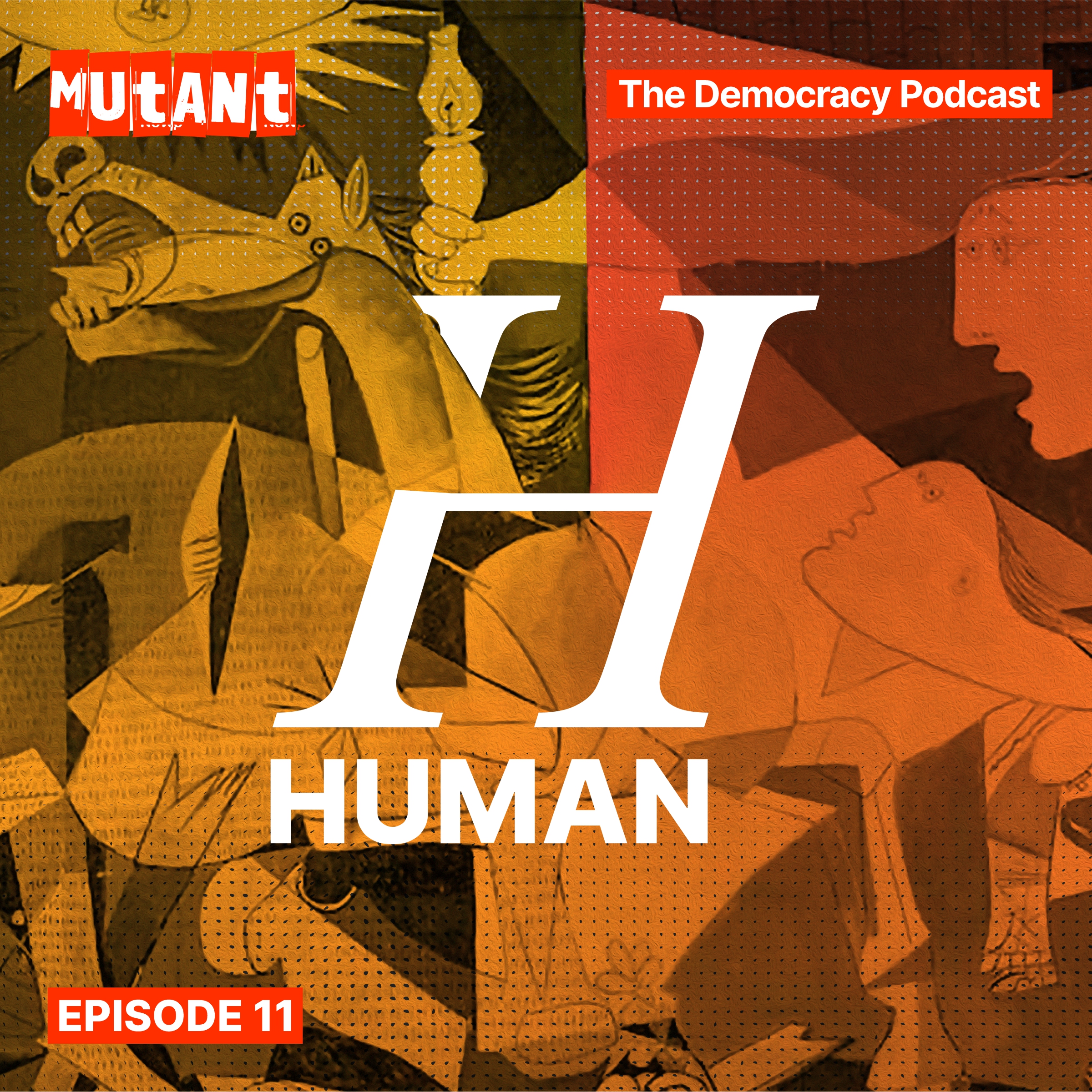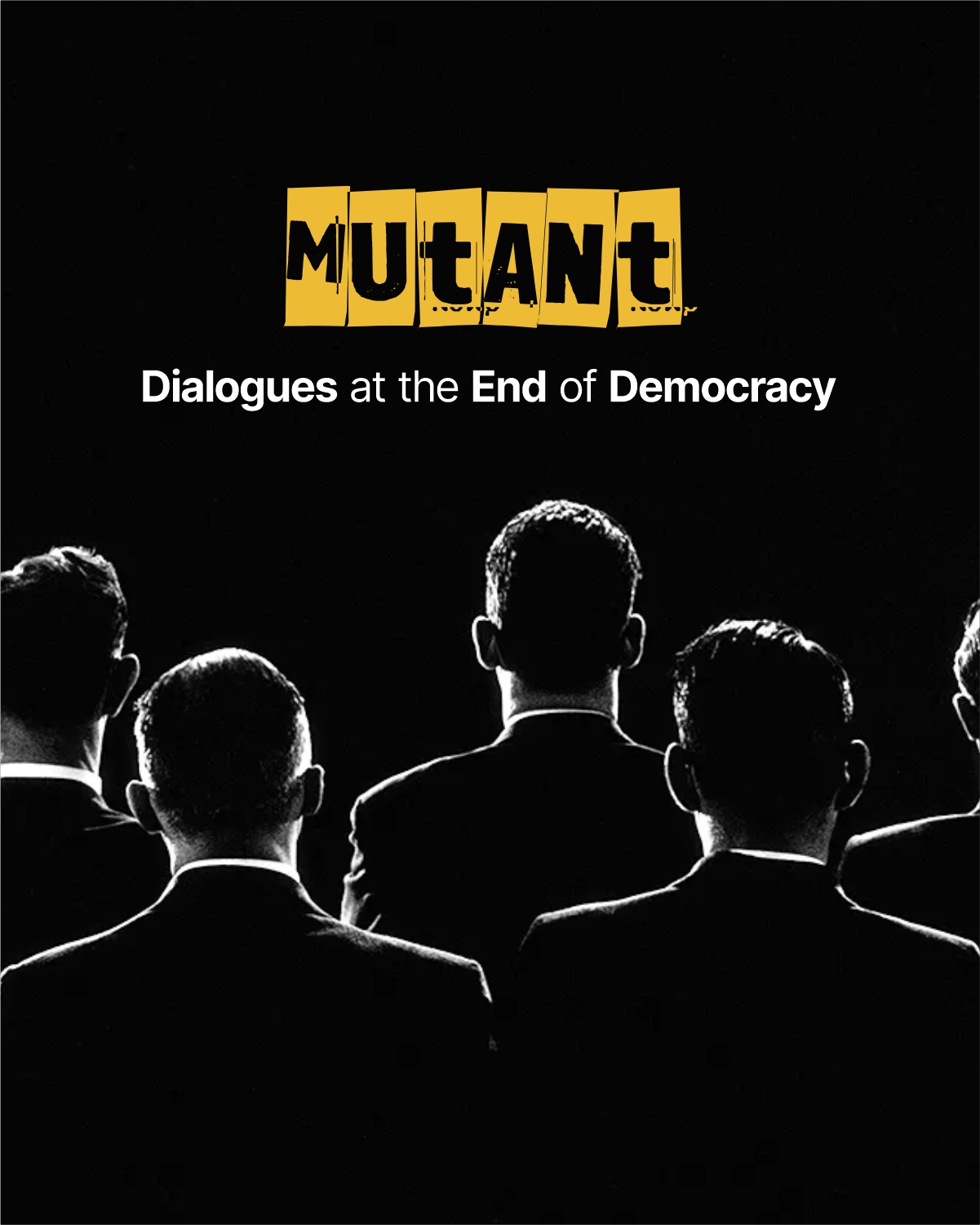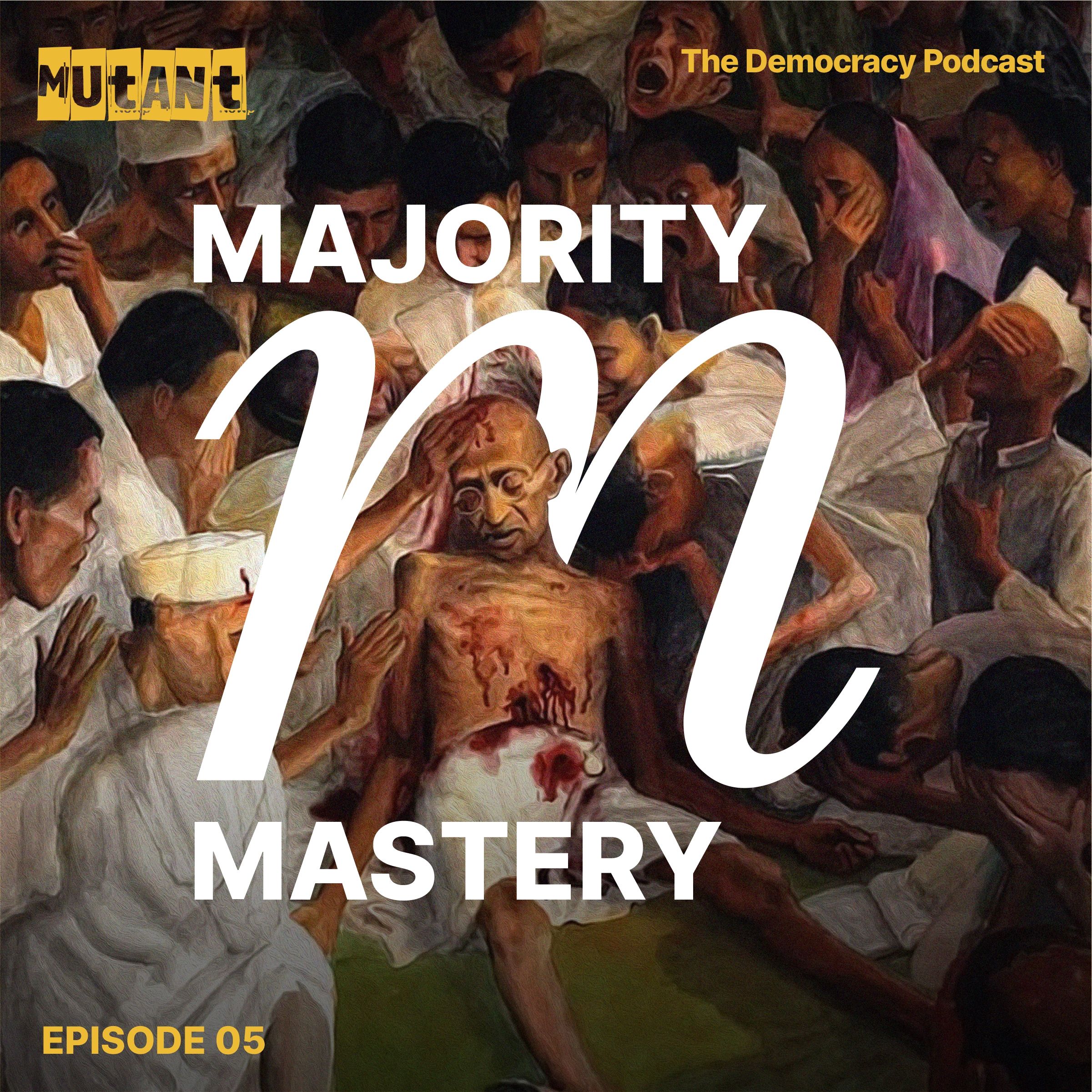Few words in our democratic language invoke visions as paradoxical and as powerful as sacrifice.
On the one hand, sacrifice recalls an archaic, ritualistic, even fetishistic set of practices, executed in the name of a sovereign power that draws its sanction from the theological, the divine right to rule.
On the other hand is the transcendent world that sacrifice opens up with its vision of an equal, just life (or afterlife), of a more bearable world one wants to leave behind for others if one dies dreaming and fighting for it. This dreamy, sleepless, transcendent sacrifice—the sacrifice of a Rosa Parks, a Martin Luther King Jr., the women of Shaheen Bagh—makes democratic politics possible, in their willingness to put themselves in the straight line of harm, in their refusal to surrender their right to be human.
“In this transcendental form of sacrifice, one does not abide by the religious laws that sovereigns write and masters enforce to keep or restore the artifice of violent peace: laws of giving up, of renouncing everything, of making oneself invisible, of turning one’s body into a subservient mass, of accepting the reduction of entire communities to superfluity, pushing them out of their own lands and opening them to extermination," says Aishwary.
"Instead, the transcendental vision of sacrifice first and foremost transcends mortal fear and reclaims the right to not move, not disappear, not yield to the oppressor for the sake of an unequal, segregated orderliness,” says Aishwary. “In refusing to renounce her seat for a white passenger, Rosa Parks exemplified this earthly, immovable transcendence upon whose radiance the Montgomery Bus Boycott would eventually ride: her rejection of white peace that always extracts sacrifice and demands place from the rest.”
“If the theological idea of sacrifice is rooted in a desire for mastery, the political idea of sacrifice is rooted in transcendence, in political faith, in the force of immovability,” says Aishwary.
But there is a third vector in which sacrifice has become the substrate of the modern political, of what we at Mutant have called neodemocracy. “In its most ambiguous and yet clarifying form, sacrifice is conservative. It strives for a punitive society. A majoritarian politics constructed on the brute, cruel reality of our will to punish others.”
We begin a dialogue on the theologico-political, and on democracy’s fragile, foundational relationship to sacrifice.

What does it mean to be human? This is a question at once timeless, yet often posited as an abstraction: as though being human...

It is today impossible to understand the fragility and violence of democracy’s global life without grappling with the appearance of an unprecedented political form...

At the heart of the modern democratic contract is the principle — and the faith — that the majority will decide for everyone. But...